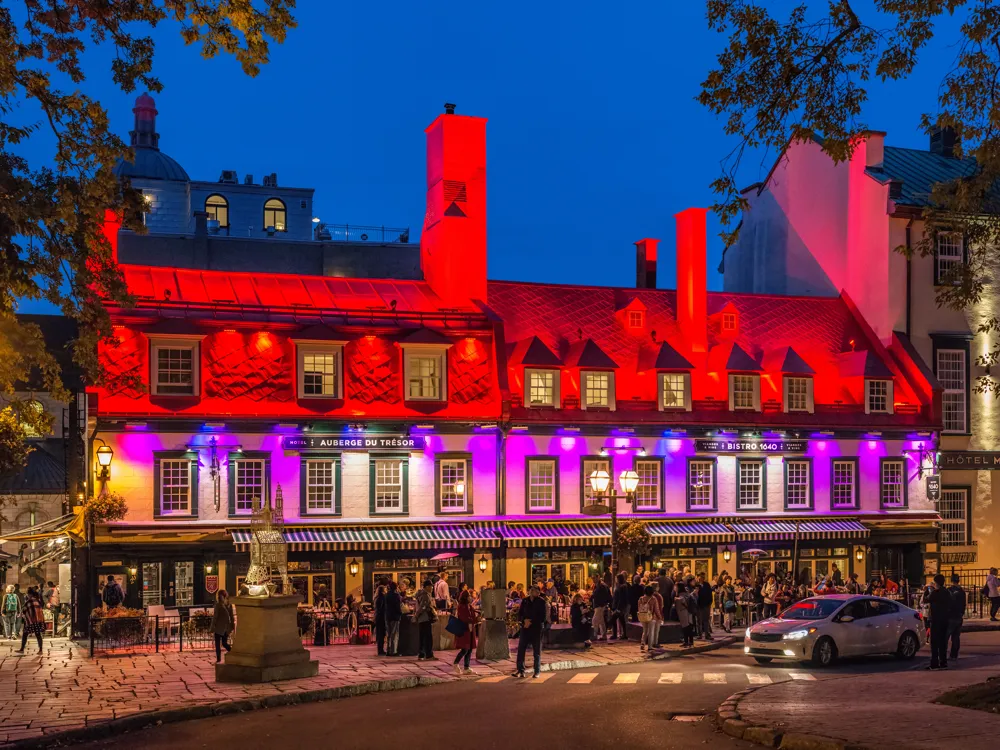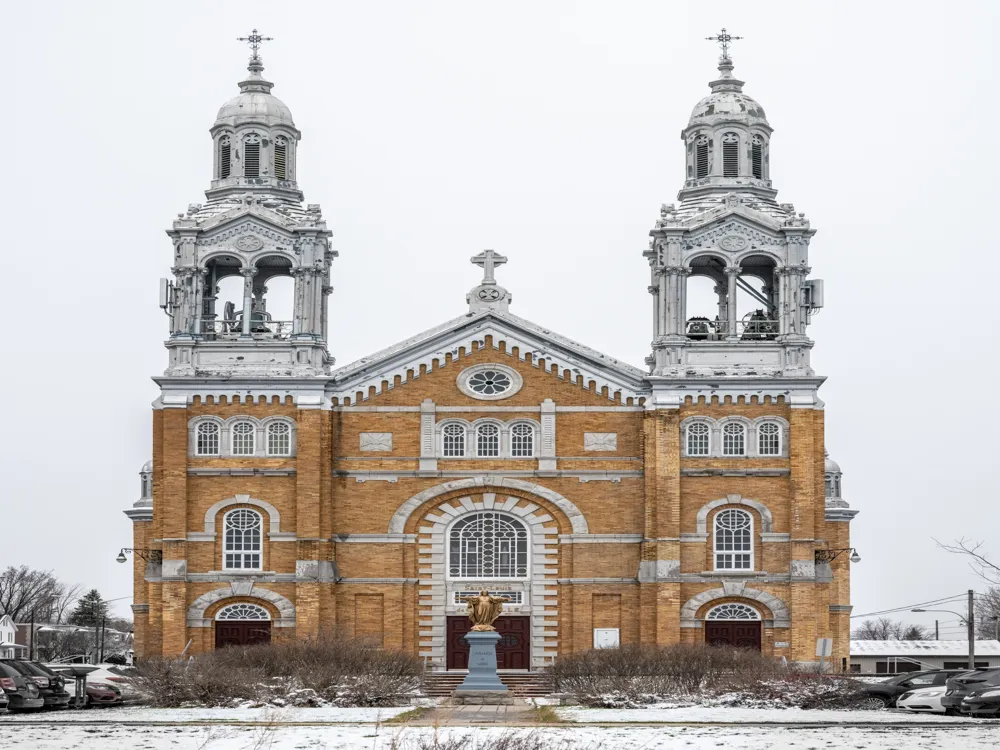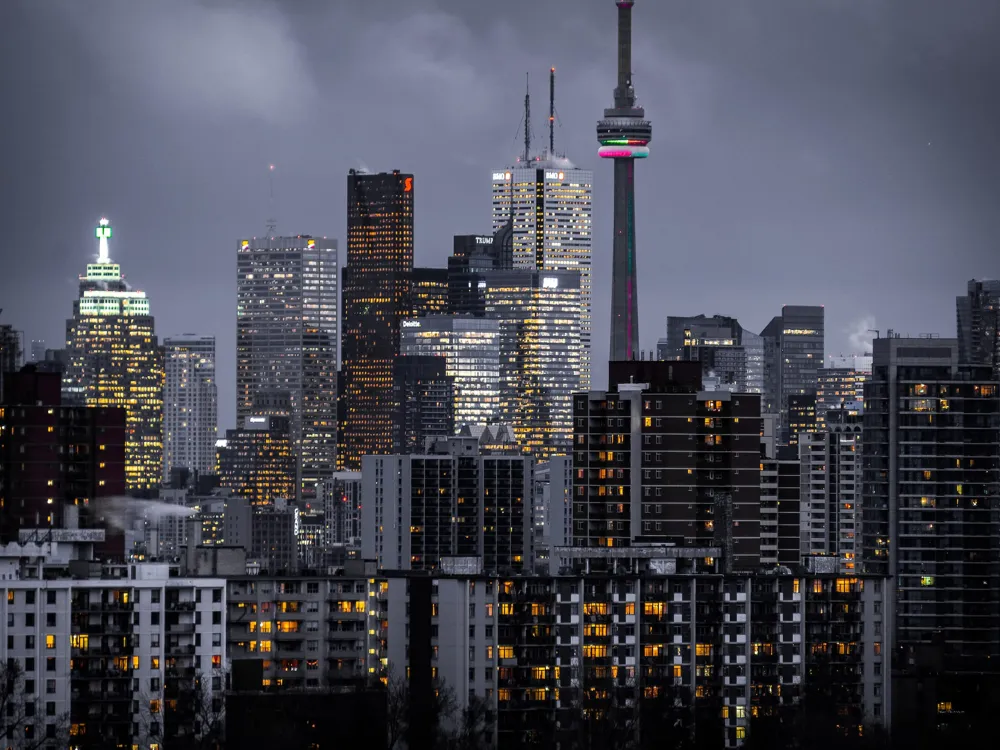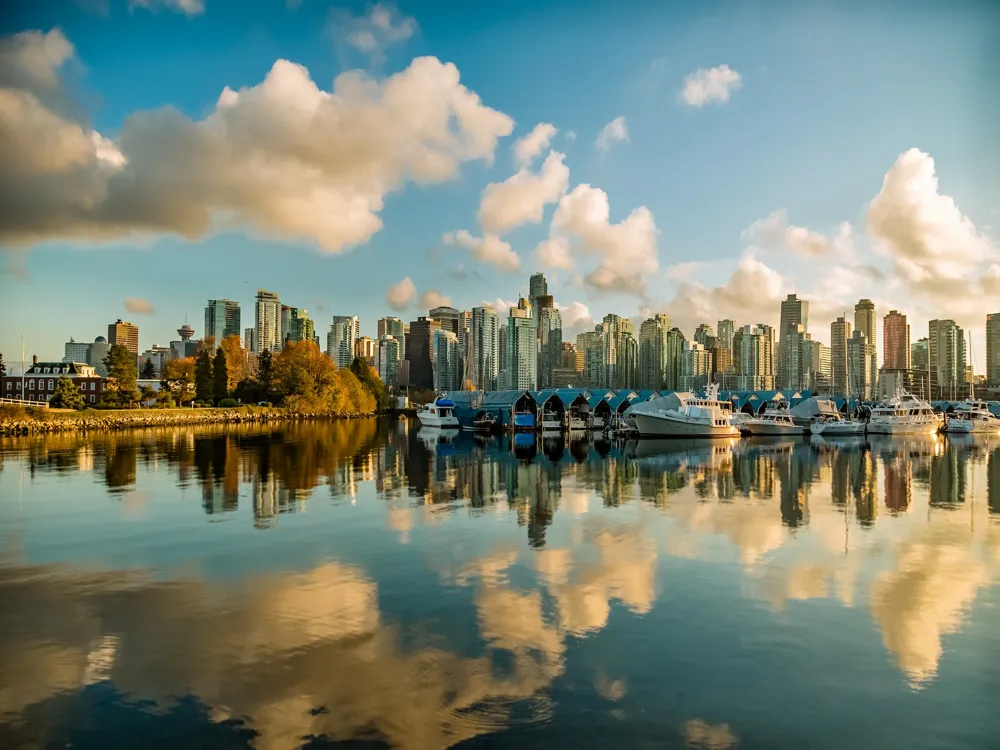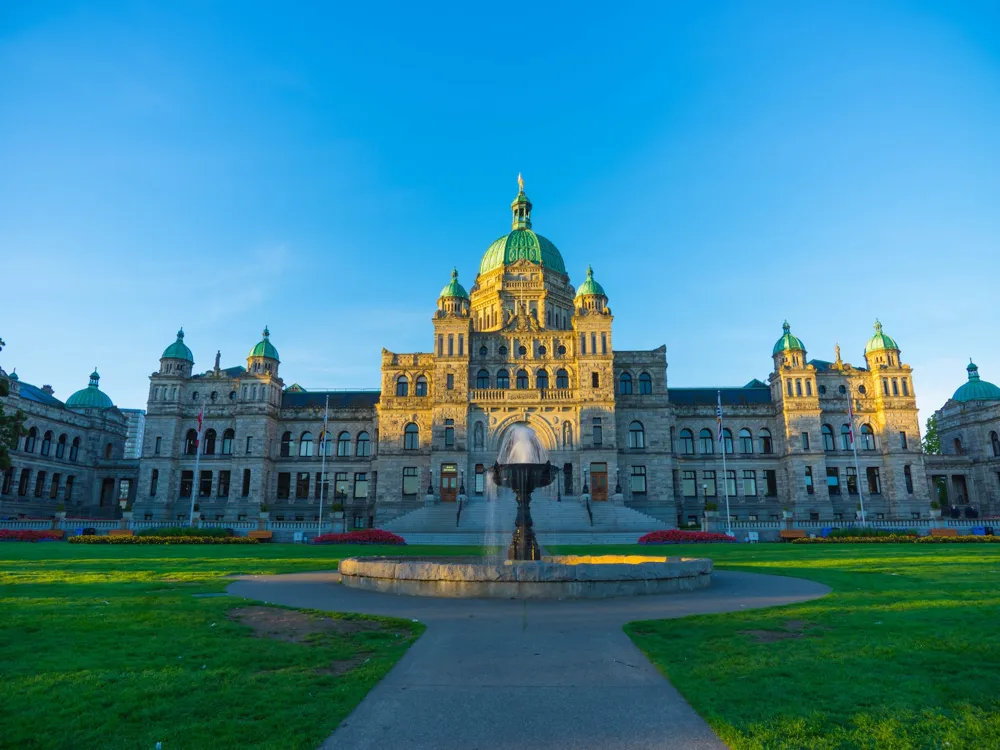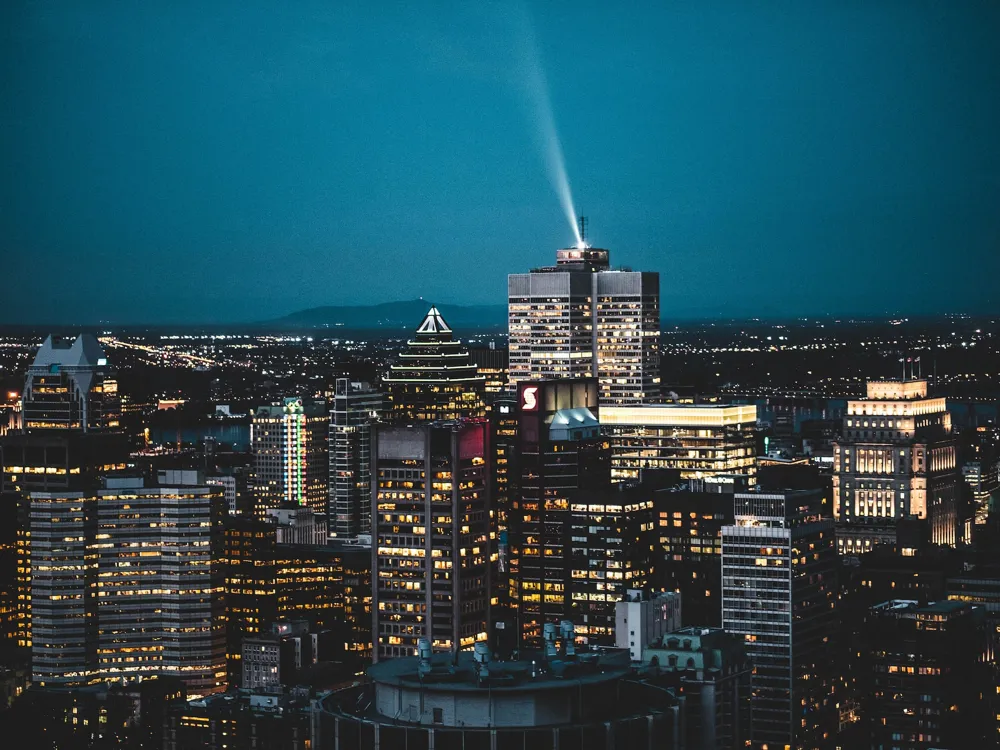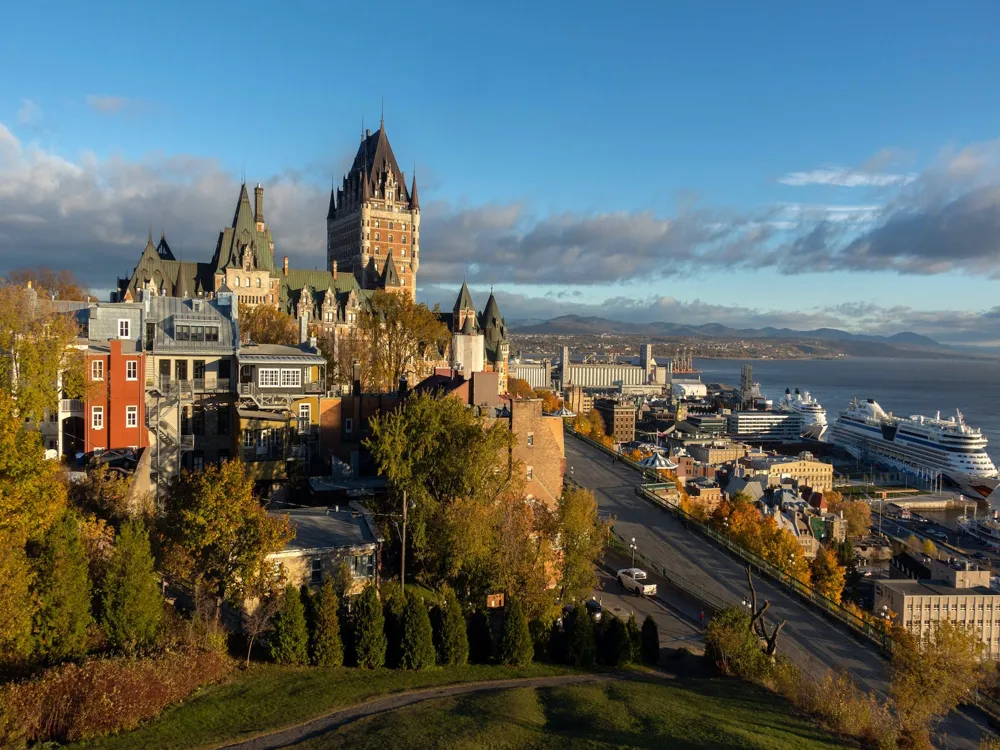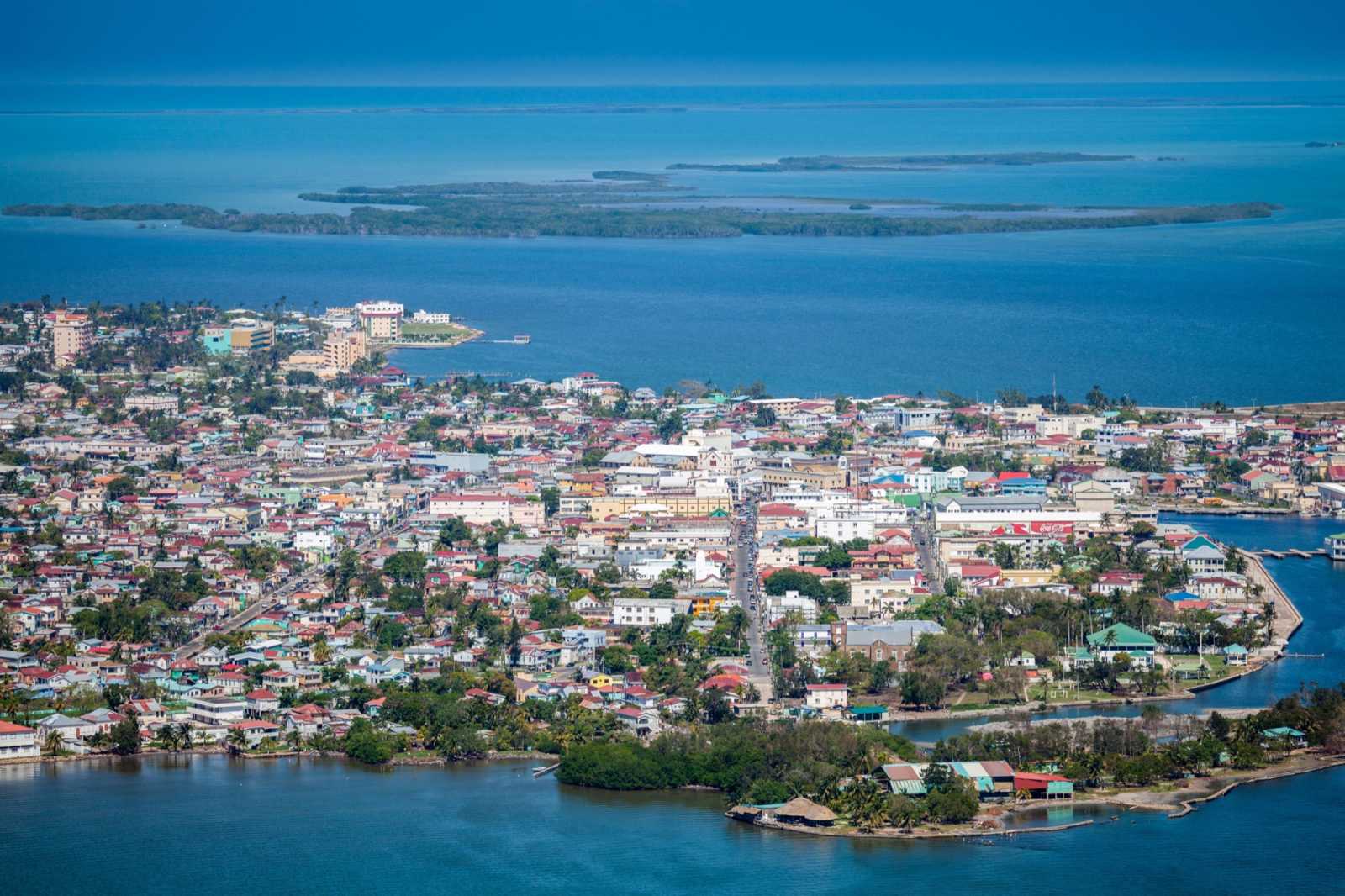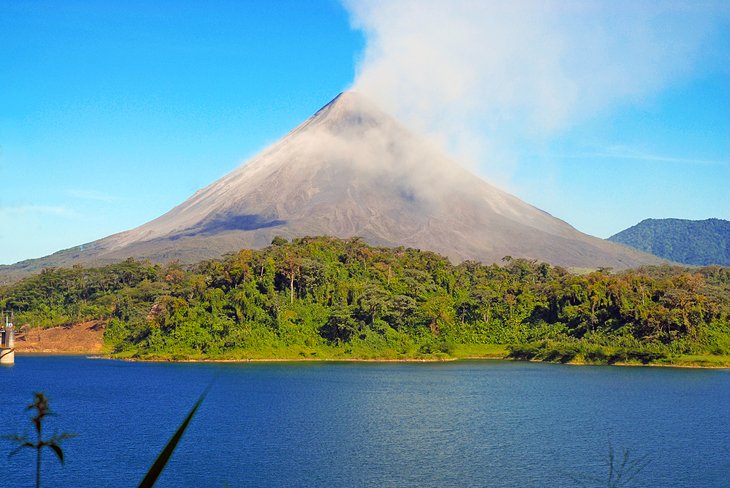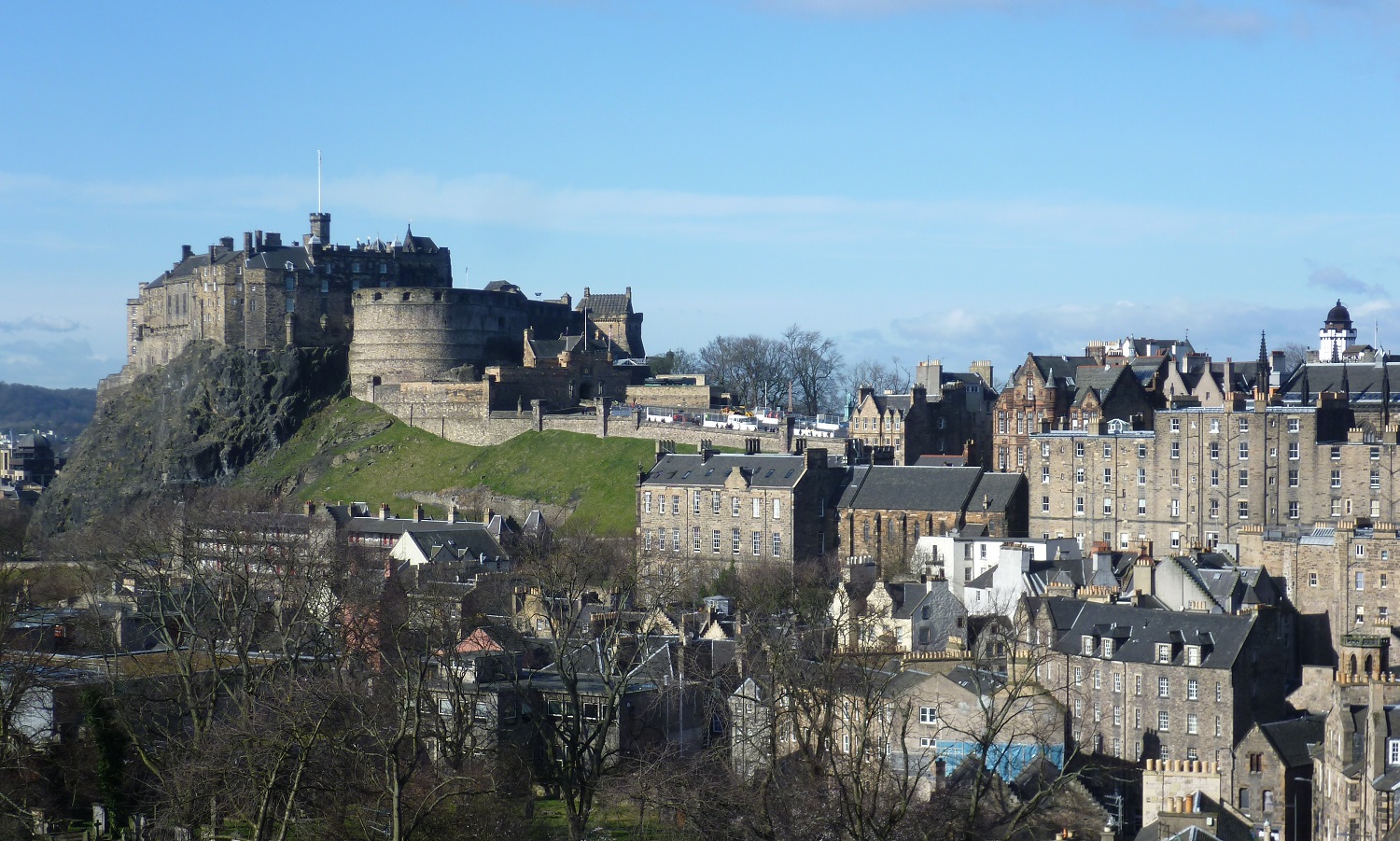Canada, a land of diverse landscapes and vibrant cultures, offers a plethora of experiences throughout the year. To make the most of your visit, understanding the seasons and weather is crucial. Let's delve into the details.
What is the best time to visit Canada?
Canada's beauty transcends seasons, but the best time to visit largely depends on your preferences. For those seeking a winter wonderland, November to February unfold a magical landscape blanketed in snow. On the other hand, March to June offer pleasant temperatures and blooming scenery, ideal for outdoor enthusiasts. The summer months of July to October present a different charm with lively festivals and warm weather.Canada is a large country with vastly diverse climates in its east and west. It's a location that changes with the seasons. even though the best time to visit is during the summer. September through November is the ideal time of year to travel to Canada. The shifting fall foliage makes for a stunning background for a vacation, and the weather has cooled down but is still pleasant. Pumpkin, apple, and wine festivals, along with other delightful fall events, are in full swing.It truly depends on the type of trip you are hoping for. Canada is a stunning nation from coast to coast and is wonderful to visit at any time of year, but every visitor has different expectations for their ideal vacation.Some enjoy hiking in the autumn foliage and watching winter festivals or sports, while others would rather explore a city in the summer. We'll offer you an idea of the ideal dates to go to Canada based on your personal interests and must-see locations in this post, along with when you'll have the finest weather there.
More about the Best Time to Travel to CANADA
Travel Peak Season in CANADA
The peak season in Canada, from June to August, witnesses a surge in tourists. Revel in lively festivals, explore national parks, and enjoy outdoor adventures. Ensure to book accommodations in advance for a seamless experience.
-
Summer (June to August):
- Reasons: The summer months, from June to August, are typically the peak tourist season in many parts of Canada. During this time, the weather is relatively mild and warm, making it ideal for outdoor activities. Popular destinations such as Banff and Jasper National Parks, Vancouver, and the Canadian Rockies experience a surge in visitors. Coastal cities like Vancouver and Toronto are particularly attractive during the summer.
-
Fall (September to October):
- Reasons: In certain regions, particularly in parts of Eastern Canada like Quebec and Ontario, the fall months of September and October are considered a peak season. The vibrant fall foliage, known as "fall colours" or "autumn leaves," attracts tourists looking to experience the stunning red, orange, and yellow hues of the changing leaves.
-
Winter (December to February):
- Reasons: Winter is a peak season for specific activities such as skiing and winter sports. Destinations like Whistler in British Columbia, Banff, and Mont Tremblant in Quebec are popular during the winter months. Additionally, cities like Quebec City and Montreal have winter festivals and events that draw visitors.
Travel Offseason in CANADA
For those seeking tranquil and budget-friendly options, the offseason, especially from November to February, is ideal. Experience the serene beauty of snow-covered landscapes and enjoy fewer crowds at popular attractions.
-
Late Fall to Early Spring (November to March):
- Reasons: In many parts of Canada, late fall to early spring is considered the offseason. During these months, temperatures drop significantly, and snowfall is common, particularly in regions such as the Canadian Rockies and northern provinces. This period may not be ideal for outdoor activities, but it is when winter sports enthusiasts, such as skiers and snowboarders, might find the best conditions.
-
Spring (April to May):
- Reasons: Spring can be a transitional period, with temperatures starting to rise and the snow melting. While this is a time of renewal and blossoming, it may still be considered off-season in certain regions. However, some areas, especially those with vibrant spring blooms, may see an increase in visitors during this time.
-
Late Fall (October):
- Reasons: Late fall, particularly in October, is another off-season period in some regions. The weather can be unpredictable, with cooler temperatures and the possibility of early snowfall. This can lead to fewer tourists, making it a quieter time to explore certain destinations.
CANADA Weather in Winter (November – February)
Canadian Weather in November
November marks the onset of winter, with crisp temperatures and occasional snowfall. It's an excellent time for winter sports enthusiasts to hit the slopes.Travelling to some of the larger cities is the greatest kind of holiday in November. One such excursion is our "Wonders of the North" road trip.
Canadian Weather in December
December brings festive vibes and chilly temperatures. Embrace the holiday spirit, visit Christmas markets, and witness the stunning winter illuminations.The rush of Christmas and New Year's celebrations makes the holiday season (December 20 to January 3) one of the busiest times of the year. Reservations should be made at least six months in advance. The weather is nice, with typically acceptable snow conditions (see the weather statistics table below).
Canadian Weather in January
January showcases the true essence of a Canadian winter. Bundle up and experience the beauty of snow-covered landscapes. It's an ideal time for winter photography.
Canadian Weather in February
February offers a romantic ambiance with Valentine's Day celebrations. Engage in winter activities or simply enjoy the serene atmosphere with your loved ones.
CANADA Weather in Summers (March to June)
Canadian Weather in March
As winter bids farewell, March ushers in milder temperatures. It's a transitional period, perfect for exploring indoor attractions and witnessing the first signs of spring.
CANADA Weather in April
April brings blooming flowers and a burst of colour. Enjoy pleasant weather and outdoor activities as nature comes to life.
CANADA Weather in May
May offers comfortable temperatures, making it an ideal time for outdoor adventures. Explore hiking trails and national parks, and enjoy the beauty of spring.
CANADA Weather in June
June marks the beginning of summer with warm temperatures. It's the perfect time for outdoor festivals, camping, and exploring Canada's natural beauty.
CANADA Weather in Monsoon (July – October)
CANADA Weather in July
July is the heart of summer, with warm temperatures and vibrant outdoor activities. Experience Canada's rich cultural events and festivities.
Canadian Weather in August
August continues the summer charm with long days and pleasant evenings. It's an ideal time for exploring coastal regions and engaging in water activities.
Canadian Weather in September
September ushers in cooler temperatures, offering a pleasant transition to fall. Enjoy the changing colours of the foliage and explore nature reserves.
CANADA Weather in October
October brings the beauty of fall foliage, making it a picturesque time to visit. Experience the vibrant colours and indulge in autumn-themed activities.
Conclusion:
Canada offers a diverse range of experiences throughout the year. Whether you prefer the winter charm, the vibrant colours of fall, or the lively summer festivals, there's a perfect time for every traveller. Plan your trip wisely, considering your preferences and the unique offerings of each season.
Tourist Places to Visit in Canada
Toronto
Toronto, the capital of Ontario, is the most populous city of Canada and the fifth largest city in North America, is the financial capital of the county and one of the most mutli culturally diverse cities of the word. Located on shore of the beautiful Lake Ontario, the city is know for its skyscrape...
Vancouver
Surrounded by mountains and beautiful scenery, Vancouver is a city known for its natural beauty and diversity. A city of many mixtures, contrasts and cultures, Vancouver is a must visit for any tourist.
Victoria
Victoria is one of the biggest attractions of Canada, for its mild climate, natural beauty and history, which is accessible throughout the year. Picturesquely present in the craggy regions of Canada, Victoria is the best place for the ones in search of history, relaxation, and beautiful scenery.
Montreal
Montreal is the second largest city in Canada. A city rich in culture and history, Montreal never fails to impress its visitors. Beautiful architecture, festive spirit, interesting museums and delicious cuisine- you're sure to fall in love with this city full of life.
Quebec City
One of the more prominent francophonie areas worldwide, Qu_bec is rich and vibrant, in every sense. Culture, art, adventure, religion, natural beauty and luxury are all found in abundance in Qu_bec, and makes it one of the most versatile areas around the world, fit for any tourist.
All Places to Visit In Canada
Faq
Best outdoor activities during the winter months?
Embrace winter sports like skiing, snowboarding, and ice skating. Explore snow-covered national parks for a scenic adventure.
Are summers crowded in Canada?
Yes, summers, especially from June to August, witness a surge in tourists. Plan and book accommodations in advance for a smoother experience.
Can I witness the Northern Lights in Canada?
The best time to catch the Northern Lights is during the winter months, particularly in regions like Yukon and the Northwest Territories.
Is it advisable to visit during the monsoon season?
While Canada doesn't experience a typical monsoon, July to October brings occasional rainfall. It's still a great time to explore, with fewer crowds.
What should I pack for a winter trip to Canada?
Pack layers, thermal wear, waterproof boots, and accessories like gloves and a hat to stay warm in the chilly winter weather.

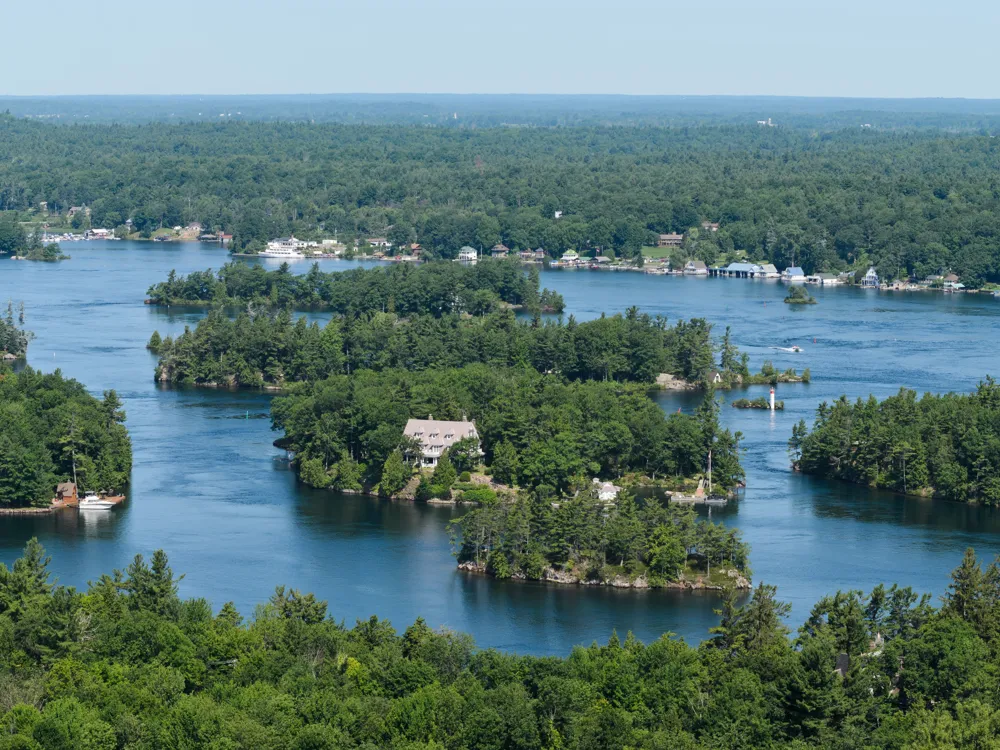
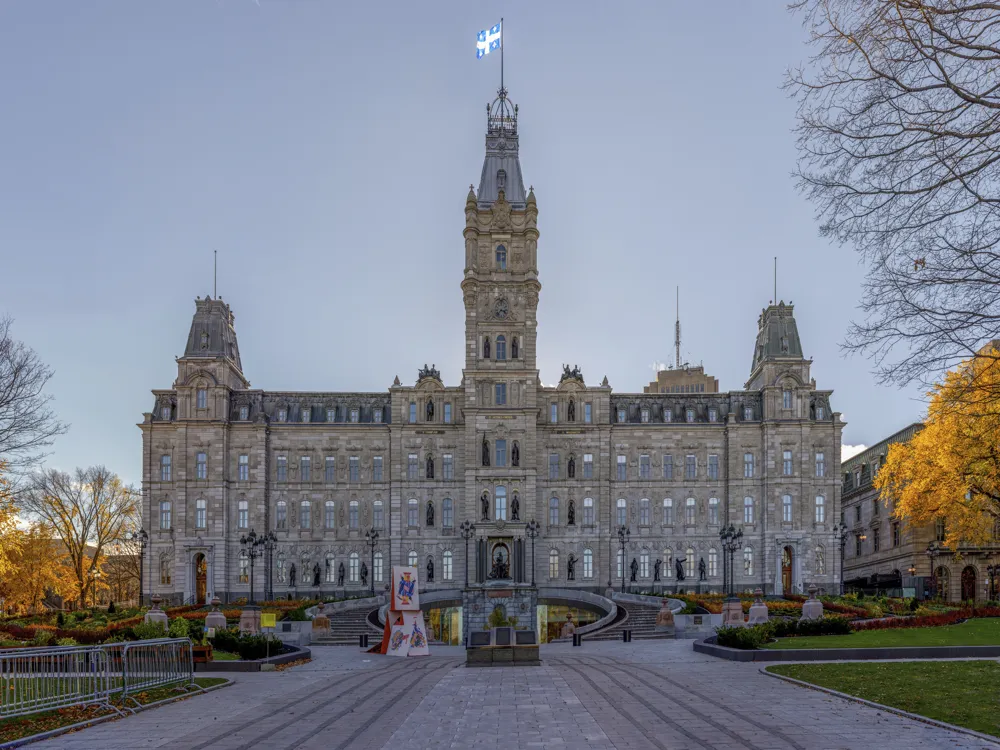
jpg.webp)
